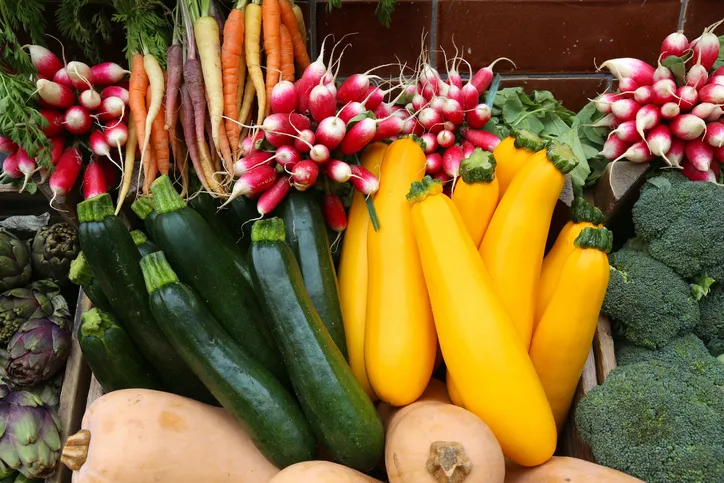For the fourth year running, Head of Conservation for Wales Marine Conservation Society Gill Bell takes on the Plastic Challenge. Learn what the challenge involves, the impacts it has had on Gill's life, and what you can do to get involved.
Having participated in beach cleans and litter surveys with Marine Conservation Society’s (MCS) Beachwatch – a national beach cleaning and litter surveying programme – I find it difficult to visit the sea without seeing rubbish. The majority of this waste is plastic. So, when I heard about MCS volunteer Emily Smith, who challenged herself to give up plastic for Lent in 2013, I was inspired.
Every year since, I have taken part in MCS's month-long Plastic Challenge, discovering a multitude of benefits, from supporting the local economy and enhancing personal well-being to improving the health of our oceans.
The issue
MCS Beachwatch has shown a steady rise in the amount of plastic we find on beaches. Eight million tons of it enters our oceans each year.
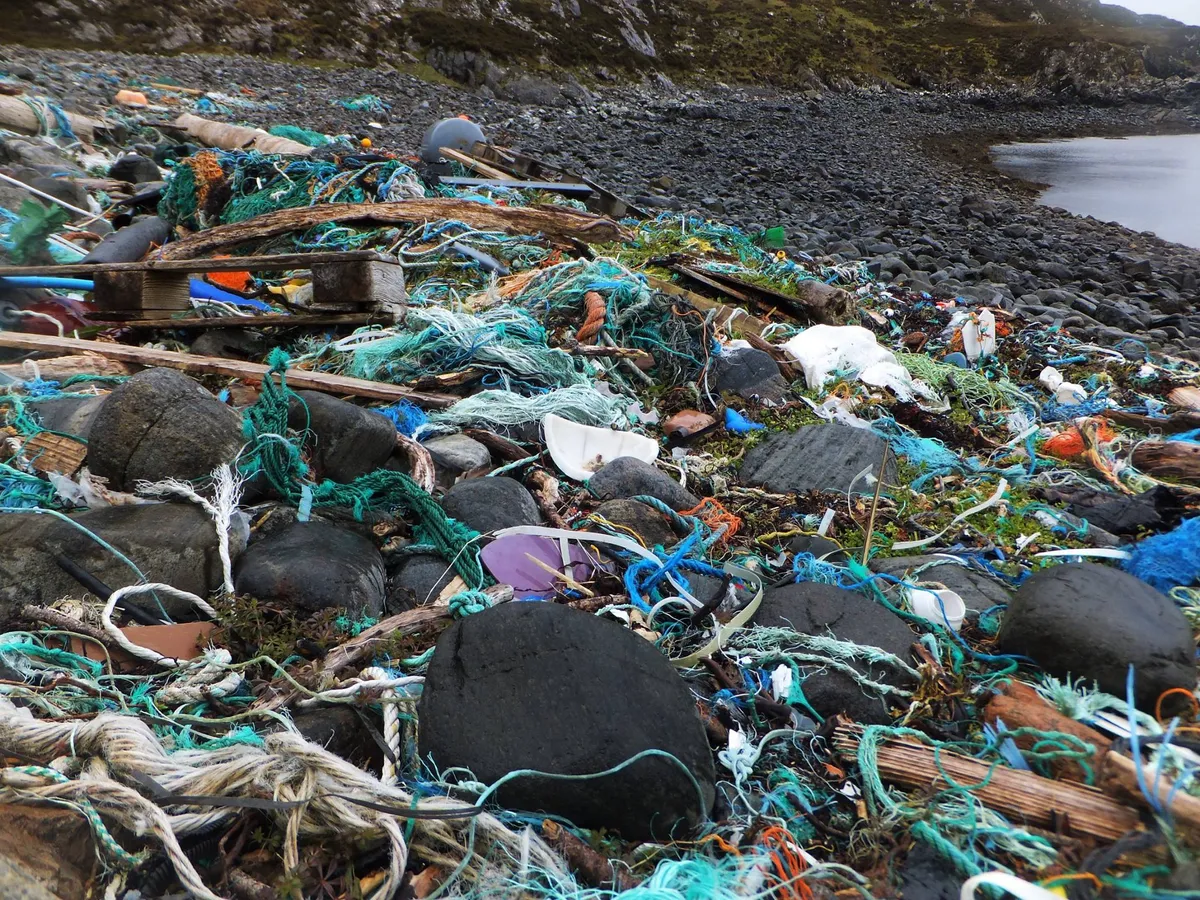
But it’s not just the stuff we can see. Plastic doesn’t really breakdown, instead it turns into a sort of dust. This not only means that plastic entangles and kills animals directly, but it is also eaten by them, from the smallest creatures to the biggest. It’s sad to think this is all a man-made tragedy. Fortunately, however, there are solutions to this growing problem, we just have to seek them out.
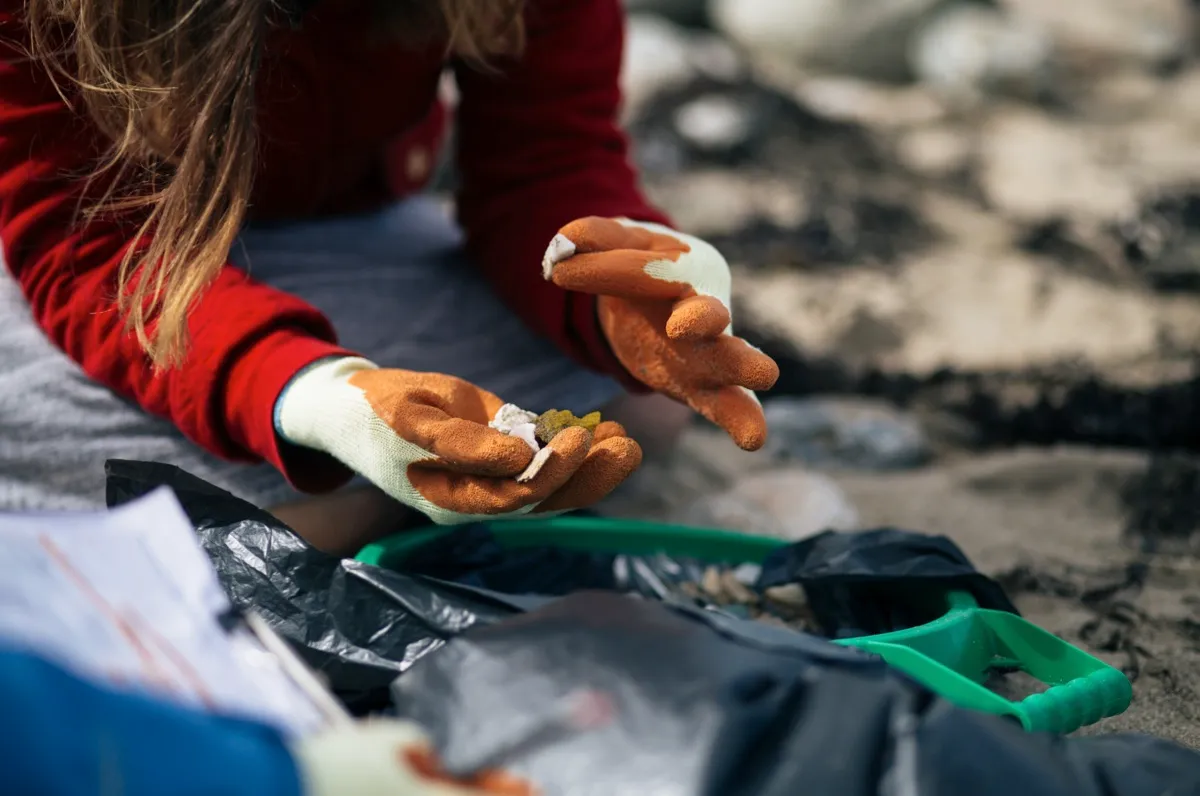
The challenge
My plastic challenge meant I couldn’t buy any single-use plastic for the whole month of June. Just think about that for a moment. No plastic. This includes all food shopping and toiletries (the only exceptions I have are essential medical items).
It’s very hard to do. After a quick walk around the shops, you realise you can’t buy anything. When you’re out and about for the day, this makes buying food and drink very difficult, so you have to prepare in advance and take your own. This certainly isn’t all bad – processed items are almost always wrapped in plastic, so you’re forced to eat healthy homemade food and try baking new things. I recently learnt to make home-made ravioli.
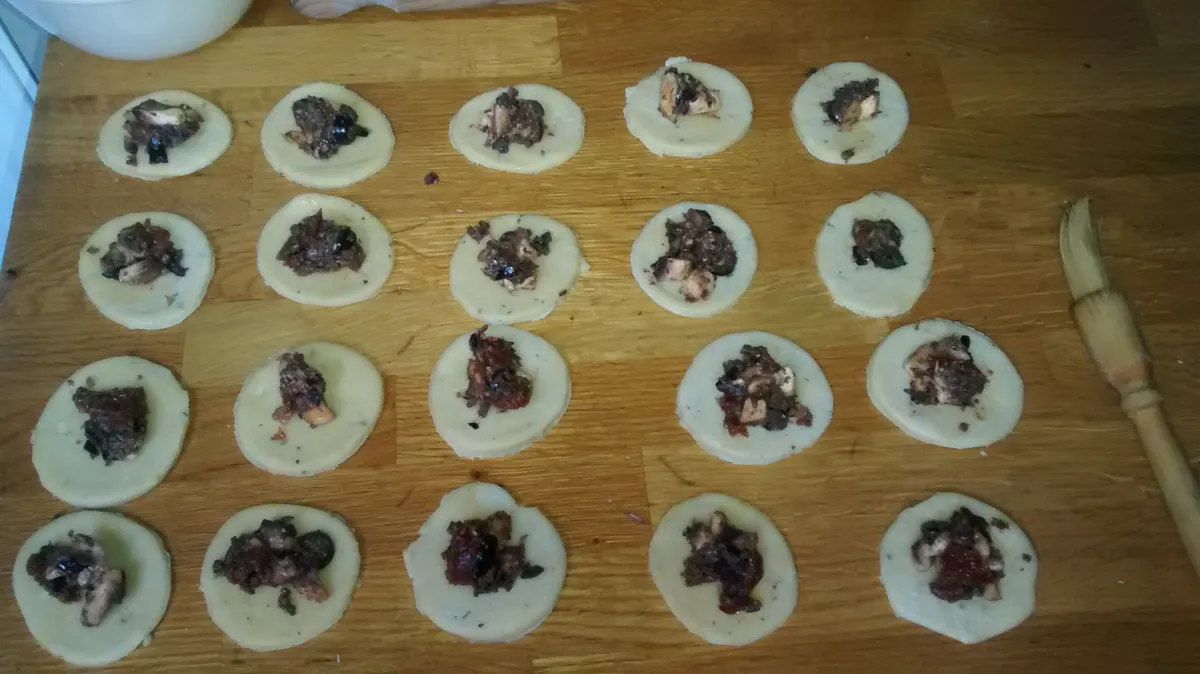
Sourcing can be an issue, as you can no longer rely on your normal weekly supermarket trip. Again, there’s a hidden benefit; you’re forced into using smaller, local businesses, which are far less likely to use single-use plastic.
After each challenge, I try to keep my plastic usage to a minimum. I try to think, every time I’m about to buy something, can I get this elsewhere without the plastic packaging?
A couple of times, I’ve been on holiday during the challenge. Before going away I was concerned this would make the experience even more difficult. But I needn’t have worried. In Brittany, for example, there are still small markets where people buy local produce in paper bags. Most towns have an independent bakery, and even the larger supermarkets have a good selection of unwrapped fruit and veg and compostable corn-starch bags to carry your shop in.
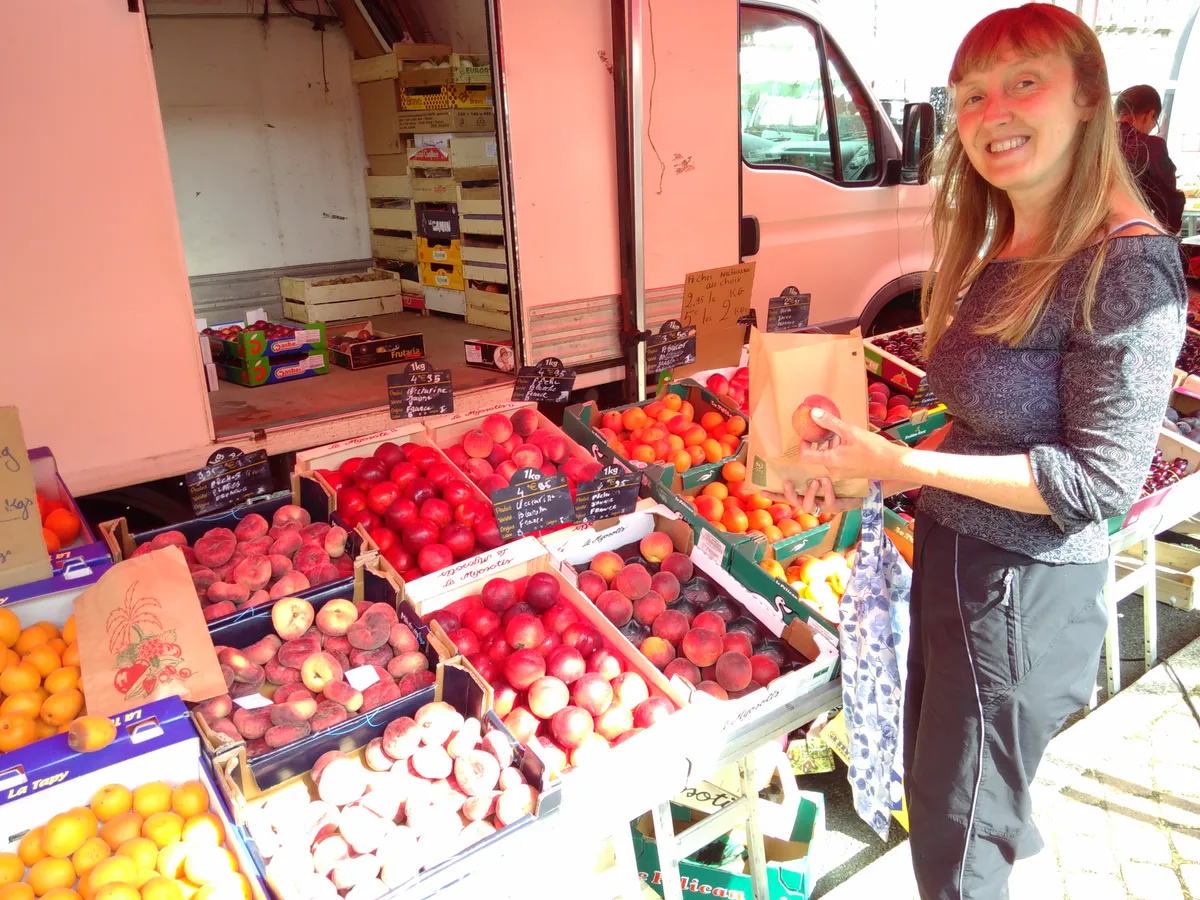
I found coming back home to the UK very depressing. Single-use plastic seems so widespread – this shouldn’t be the case. I often wonder why things like flour and sugar continue to be wrapped in paper but other more durable items are smothered in plastic.
There’s a popular opinion that all plastic is recycled, but this isn’t the case. Although most plastic is technically recyclable, it’s not financially viable to do so. Most gets downcycled, which means the product is not pure enough to be remade into the original product. Instead it is made into something less valuable and this can only be done once.
So, what can we do?
MCS and lots of others are now promoting ways to reduce our plastic dependency. We are asking for a deposit return scheme for drinks containers, like Germany – these are some of the most common items we find on the beach and are easily replaced. We also want all fast food waste containers to be made of compostable materials, a practice implemented in France, while UK supermarkets are being encouraged to introduce plastic-free aisles.
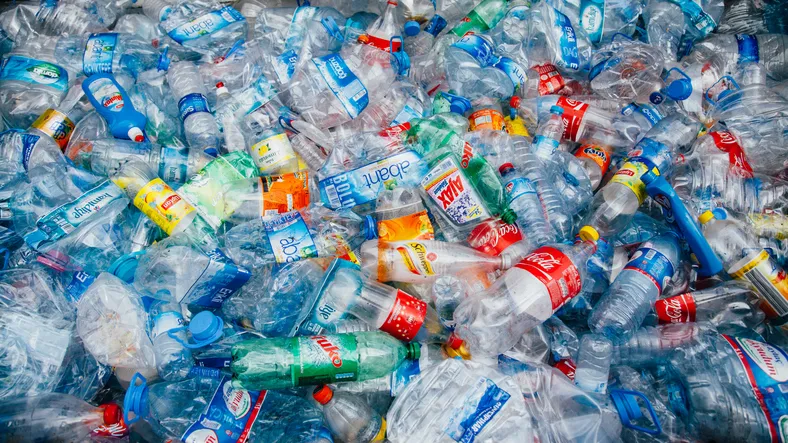
Five tips to reduce your plastic use
1. Get your hands on a reusable water bottle and refill it as you go. It's better for the environment and you will save money.
2. Buy loose fruit and veg.
3. Include less processed food in your shop – it's often smothered in plastic. Just think, "Do I need this?" and "Can I make it myself?". Not only is this good for our oceans, but for your health too.
4. Stop using plastic straws. Next time you're out and you order a drink, ask to have it without a straw.
5. Spread the word. The carrier bag charge has shown we can make behavioural changes if there's an incentive to do so. Together we can do that.
